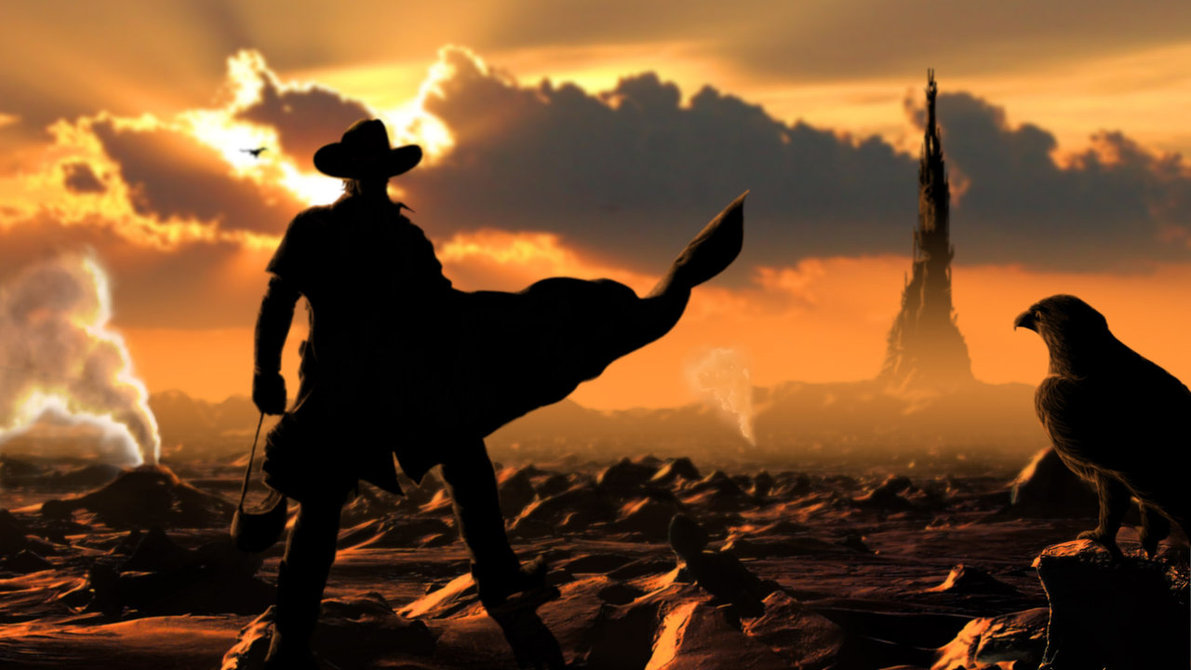

That doesn’t explain the confounding mishmash of a plot The Dark Tower ends up with. And that knowledge allows readers to approach the movie with cautious optimism: This is a different timeline, and some changes to the narrative we know and love are inevitable. So while his quest is the same, we understand that the story will play out a little differently this time. We know that Roland is stuck in a time loop, but there are hints that it might not be endless: When his saga begins again at the end of the last book, he has the Horn of Eld that he had lost in his last run-through. And this is ostensibly where the film picks up, with Roland (Idris Elba) pursuing the Man in Black (Matthew McConaughey) across the desert.

This makes some sense given that the books - major spoiler alert - end at the beginning: When Roland finally reaches the Dark Tower, where he’s been guided by destiny over the course of seven novels, he finds himself right back where he started. As much as we’ve longed to see the gunslinger Roland Deschain on the big screen, we had come to the terms with the likelihood that much of the series cannot be translated to film.Īnd to its credit, The Dark Tower established itself not as a true adaptation of King’s series, but as something close to a sequel. That’s one of the reasons this adaptation has been stuck in development hell for years, and it’s why fans of the books have approached the film with a mixture of excitement and dread. The Dark Tower is an expansive, unwieldy series with a dense mythology that requires a deep knowledge of King’s oeuvre (there are characters from ’ Salem’s Lot and Hearts in Atlantis, among others) and a willingness to get seriously meta (Stephen King himself is also a character).

How did this go so wrong? The odds were stacked against it from the beginning. To fans of the Dark Tower series, the end result is a nightmare. There are certain recognizable beats, linked together by REM logic, and a plot that borrows haphazardly from all seven of King’s lengthy novels. The film scarcely counts as an adaptation of Stephen King’s epic fantasy series: The script feels like it was cobbled together from the memory of someone who read the books years ago and then recounted his wonky fever dream about them. Then there’s The Dark Tower, a misstep so colossal that it’s guaranteed to please no one. Even the best adaptations have detractors: It’s impossible to please everyone. There’s an art to transforming a work from the page to the screen, creating something that works as a standalone film for those unfamiliar with the source material while also appealing to book readers who already have a vision of what the finished product should look like.


 0 kommentar(er)
0 kommentar(er)
